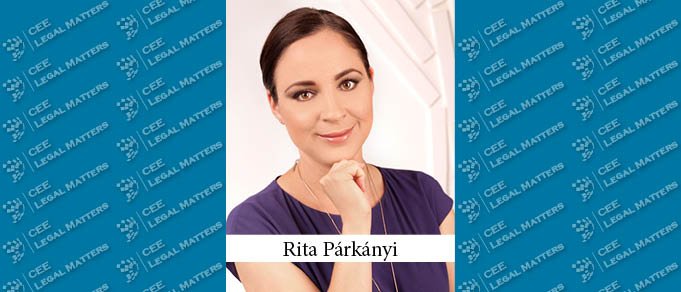After spending one year as an Associate Partner with Walless, Zane Bormane has rejoined Triniti in Latvia as a Partner in December 2023.
Cybersecurity News
In January 2023, a new directive on measures to ensure a high common level of cybersecurity in the Union (the "NIS 2 Directive") entered into force, and is to be transposed by 17 October 2024.
Hungary is to Ratify the Modernization of Personal Data Processing Convention
On 19 October 2023, Ambassador Harry Alex Rusz, Permanent Representative of Hungary to the Council of Europe deposited the instrument of ratification of the Amending Protocol to the Convention for the Protection of Individuals with regard to the Processing of Personal Data.
Legislative Proposal on National Data Assets
A legislative proposal has been submitted in November 2023 on the system of utilization of national data assets. The primary objective of the proposal is to ensure the applicability of the data governance regulation in Hungary and to make the existing laws on secondary usage of the national data assets coherent in a regulatory environment. The scope of the proposal covers services related to the use of data processed by public authorities, the performance of other related public tasks and data collection and analysis in support of government decision-making.
New Obligations for Users of the System of Electronic Invoices
On August 25, 2023, the Government of the Republic of Serbia adopted the Personal Data Protection Strategy for the period 2023-2030 (“Strategy”).
New Hungarian Cybersecurity Laws Introduce Important Obligations – The Countdown Begins
From 1 January 2024, companies operating in Hungary will face new significant cyber security related obligations under the Hungarian legislation implementing the EU NIS2 Directive. In this short article, we describe which companies will be affected by the new regulation and what are the most important tasks in the new year.
Blockchain and Personal Data Protection
We are facing a remarkable growth of blockchain technologies. One of the main functionalities of this technology is to ensure the confidentiality, integrity, and availability of (personal) data. This article addresses possible advantages and risks for the protection of privacy and personal data posed by blockchain technologies and manners how to mitigate risks to protect the rights and freedoms of data subjects and other natural persons.



















